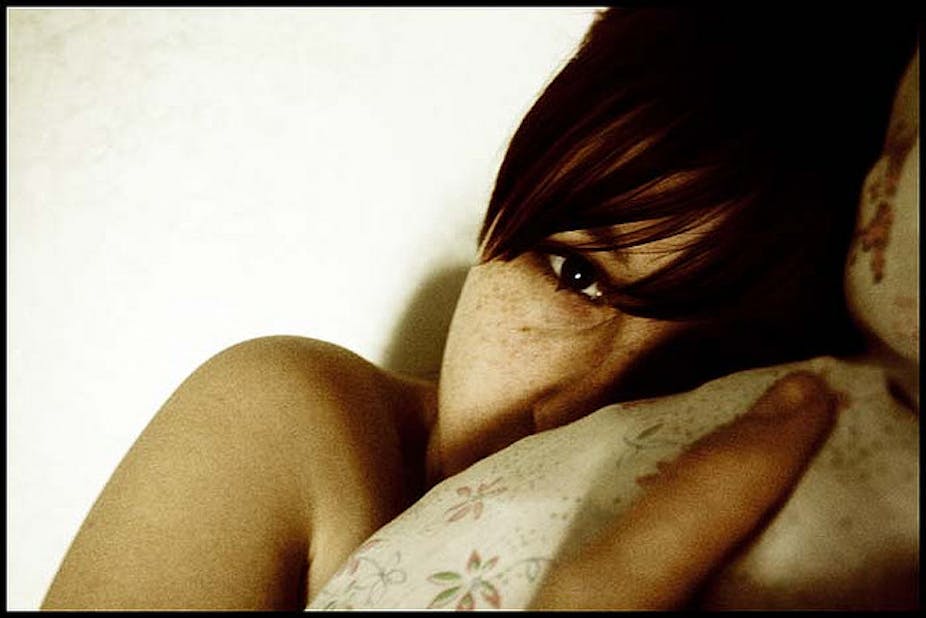Certain drugs that target sleep disorders can also act as very effective anti-depressants, paving the way for new approaches in the treatment of major depression, according to a new paper by Australian scientists.
Professor Ian Hickie from the University of Sydney’s Brain & Mind Research Institute and Associate Professor Naomi Rogers from Central Queensland University studied synthetic drugs that have a similar effect to melatonin, the hormone that regulates sleep.
One particular drug, agomelatine, was found to be very effective at both regulating circadian rhythms and acting as an anti-depressant.
“Other drugs just bind to melatonin receptors. Agomelatine mimics melatonin by binding to its receptors but also blocks serotonin receptors. That is how it has its anti-depressant effects,” Associate Professor Rogers told The Conversation.
The researchers say there are clear links between disturbed sleep patterns and depression.
“It’s a bit chicken and egg. A lot of people who have depression often report sleep disturbances or insomnia prior to the onset of their depressive symptoms. It’s not that everyone who has insomnia will develop depression but it’s quite common for people to have insomnia symptoms that predate their depression,” she said.
Agomelatine has been approved for limited use in Australia in the last six months and only recently given full approval and made readily available.
The researchers found that in the longer term, fewer patients on agomelatine relapse (24%) than do those receiving placebo (50%) and that the drug caused fewer unwanted gastrointestinal, sexual or metabolic side effects than many other antidepressants.
Associate Professor Rogers said she and Professor Hickie tried to take a more holistic view of depression and its treatment.
“Instead of just looking at the primary symptoms and leaving patients with the other symptoms like poor sleep, we looked at treating both,” she said.
“This sort of approach might be valuable for other mood disorders not limited to depression, such as schizophrenia, psychosis and bipolar disorder. We know sleep disturbance is common in all of these disorders.”
The paper was published in the journal The Lancet
Ian Hickie is a participant in a family-practice-based audit of sleep disturbance and major depression, supported by Servier, the manufacturers of agomelatine. Naomi Rogers has received grant support from Vanda Pharmaceuticals, Servier, Pfizer, and Cephalon, and has received honoraria for lectures from Pfizer, CSL Biotherapies, and Servier. She has previously received research funding from Vanda Pharmaceuticals, manufacturers of tasimelteon. She has also received an unrestricted educational grant from Servier. Research studies done by Ian Hickie and Naomi Rogers are mainly funded by NHMRC project and program grants.

